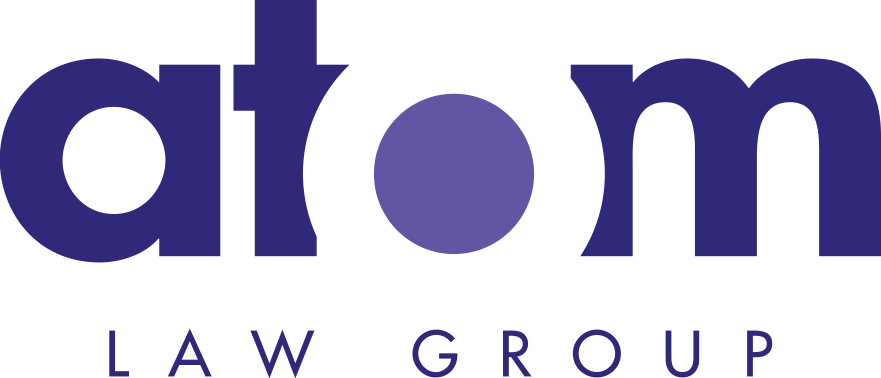Sate and Federal Laws to Know for Your Turkish Based Business
It is important for Turkish-based business owners to understand how American State and Federal Laws are applied. Atom Law Group is here to provide our expertise.
Federal law
There are many federal laws that apply to businesses in the United States, including:
State law
In addition to federal laws, businesses in the United States are also subject to state laws, which can vary from state to state. Some examples of relevant state laws that may apply to businesses include:
This is not a comprehensive list, and there may be other state laws that apply depending on the industry, location, and size of the business. It is important for businesses to be aware of the laws that apply to them in the state where they operate.
